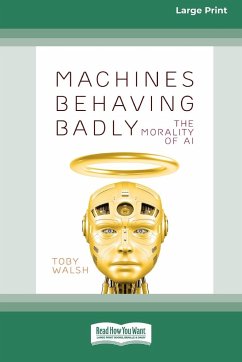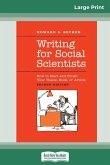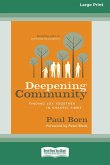Artificial intelligence is an essential part of our lives - for better or worse. It can be used to influence what we buy, who gets shortlisted for a job and even how we vote. Without AI, medical technology wouldn't have come so far, we'd still be getting lost on backroads in our GPS-free cars, and smartphones wouldn't be so, well, smart. But as we continue to build more intelligent and autonomous machines, what impact will this have on humanity and the planet? Professor Toby Walsh, a world-leading researcher in the field of artificial intelligence, explores the ethical considerations and unexpected consequences AI poses - Is Alexa racist? Can robots have rights? What happens if a self-driving car kills someone? What limitations should we put on the use of facial recognition? Machines Behaving Badly is a thought-provoking look at the increasing human reliance on robotics and the decisions that need to be made now to ensure the future of AI is as a force for good, not evil.
Hinweis: Dieser Artikel kann nur an eine deutsche Lieferadresse ausgeliefert werden.
Hinweis: Dieser Artikel kann nur an eine deutsche Lieferadresse ausgeliefert werden.








